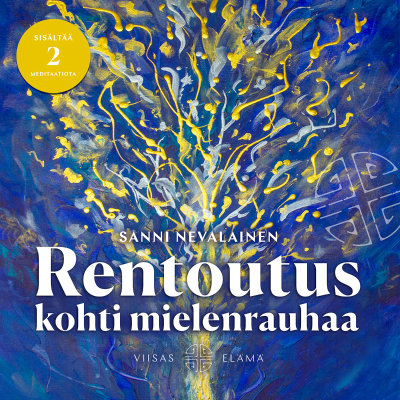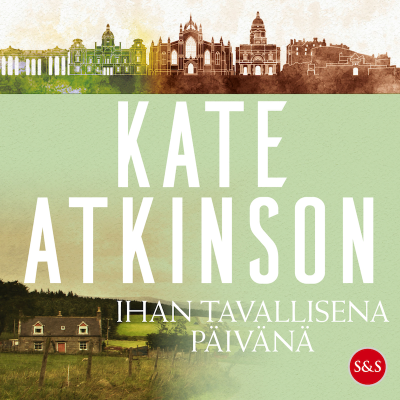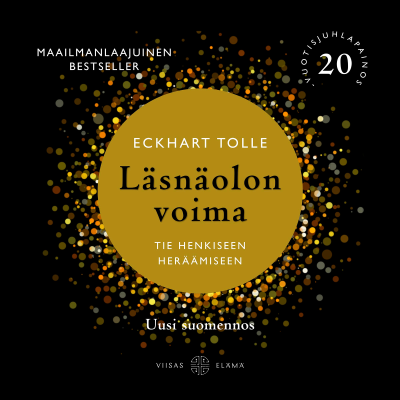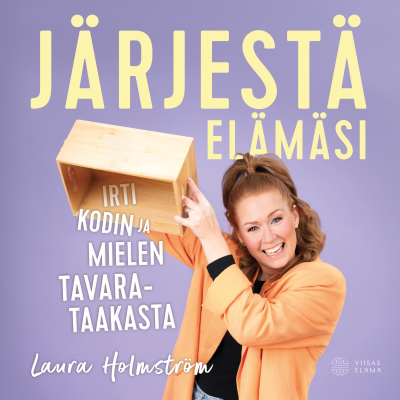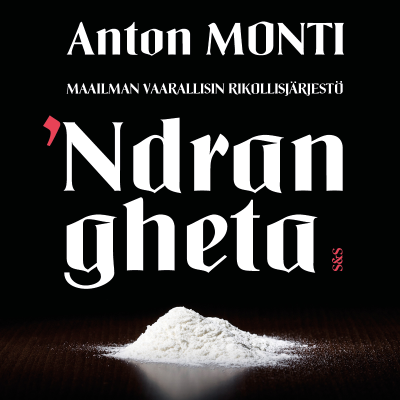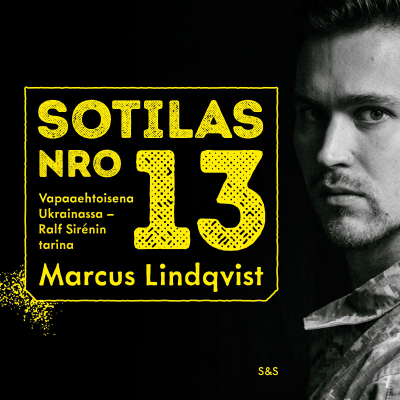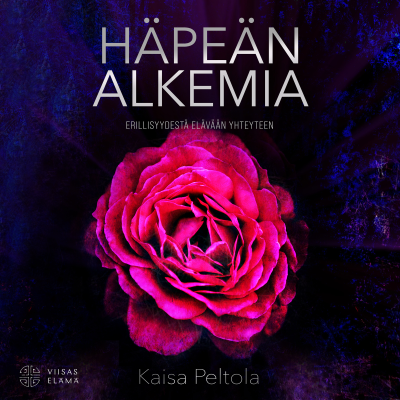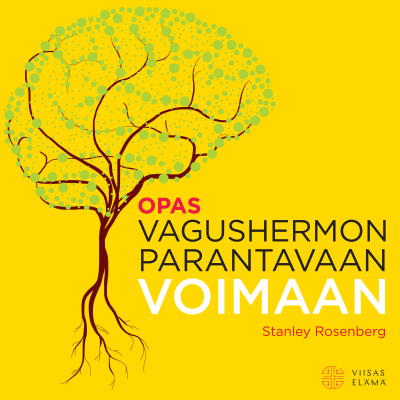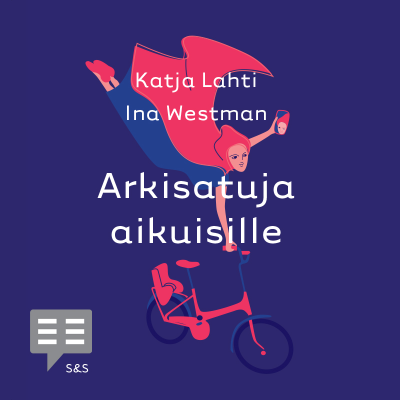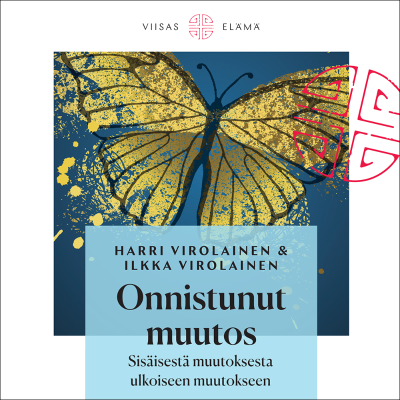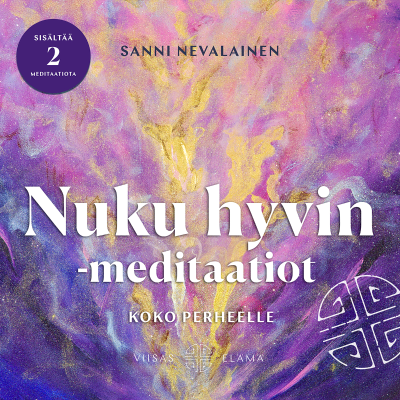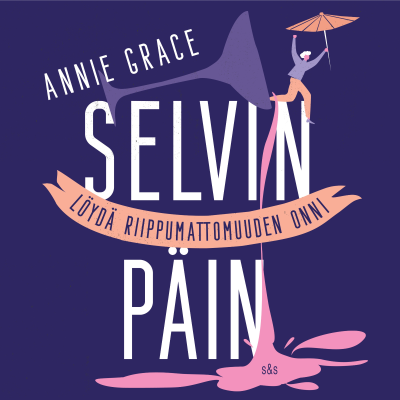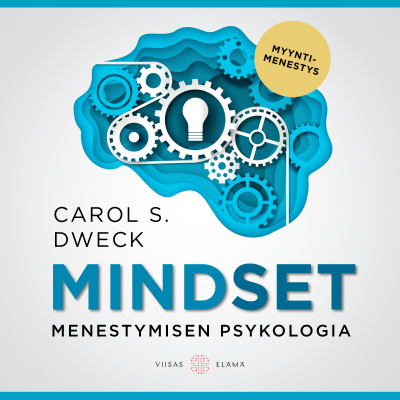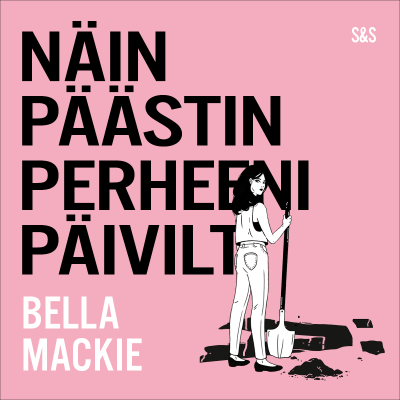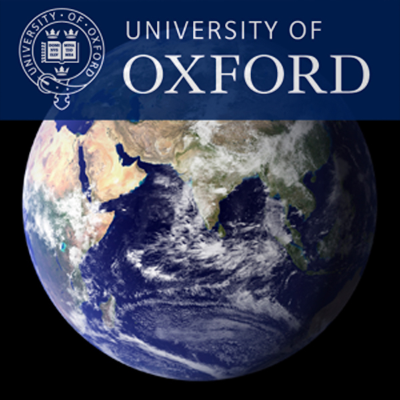
Big Questions For The Future
englanti
Henkilökohtaiset tarinat
Rajoitettu tarjous
2 kuukautta hintaan 1 €
Sitten 7,99 € / kuukausiPeru milloin tahansa.
- Podimon podcastit
- Lataa offline-käyttöön
Lisää Big Questions For The Future
This series looks at the Oxford Martin School's academics and how their research is making a difference to our global future. The series will be of interest to people who are concerned about the future for the planet, how civilisation will adapt to emerging problems and issues such as climate change, over population, increased urbanisation of populations and the creation of vaccines to fight against future pandemics. The Oxford Martin School academics explain their various research topics in an accessible and thoughtful way and try to find practical solutions to these issues.
Kaikki jaksot
13 jaksotWhat will buildings of the future look like?
There's a lot that we can learn from the past, using modern materials and approaches, that will improve the design and functionality of new buildings. Professor Steve Rayner comments on the fact that it is the mundane technologies, such as light bulbs and air conditioners, that have been shaping building design. Creative Commons Attribution-Non-Commercial-Share Alike 2.0 UK: England & Wales; http://creativecommons.org/licenses/by-nc-sa/2.0/uk/
What will be the pros and cons of city life in the future?
As populations increasingly migrate to city centres there are many factors that improve lifestyle - less pollution, fewer road accidents, easier access to medical care. But city infrastructure could do with a rethink says Professor Steve Rayner. Creative Commons Attribution-Non-Commercial-Share Alike 2.0 UK: England & Wales; http://creativecommons.org/licenses/by-nc-sa/2.0/uk/
How can we deal with the challenge of 'data overload'?
We are reaching a point where computers can no longer cope with the quantity of data collected from cosmological simulations - a problem that will grow, not only in cosmology. Pedro Ferreira and his team are working towards a solution to the problems of data overload. Creative Commons Attribution-Non-Commercial-Share Alike 2.0 UK: England & Wales; http://creativecommons.org/licenses/by-nc-sa/2.0/uk/
Why do we need 'citizen science'?
Harnessing the general public to help analyse complex data sets is not only helping scientists with galaxy classification. Pedro Ferreira explains how First World War ship's logs are providing invaluable information to climate scientists and social historians. Creative Commons Attribution-Non-Commercial-Share Alike 2.0 UK: England & Wales; http://creativecommons.org/licenses/by-nc-sa/2.0/uk/
How can nanotechnology address medical problems?
Microscopes with nanometer resolution can test the mechanical properties of cells. Nanoscale 'scaffolds' that mimic the cellular matrix of cells in the body can help regenerate tissue, improve healing mechanisms, and even train the immune system. Sonia Contera describes her work in nanotechnology. Creative Commons Attribution-Non-Commercial-Share Alike 2.0 UK: England & Wales; http://creativecommons.org/licenses/by-nc-sa/2.0/uk/
Valitse tilauksesi
Rajoitettu tarjous
Premium
Podimon podcastit
Lataa offline-käyttöön
Peru milloin tahansa
2 kuukautta hintaan 1 €
Sitten 7,99 € / kuukausi
Premium
20 tuntia äänikirjoja
Podimon podcastit
Lataa offline-käyttöön
Peru milloin tahansa
30 vrk ilmainen kokeilu
Sitten 9,99 € / kuukausi
Premium
100 tuntia äänikirjoja
Podimon podcastit
Lataa offline-käyttöön
Peru milloin tahansa
30 vrk ilmainen kokeilu
Sitten 19,99 € / kuukausi
2 kuukautta hintaan 1 €. Sitten 7,99 € / kuukausi. Peru milloin tahansa.










